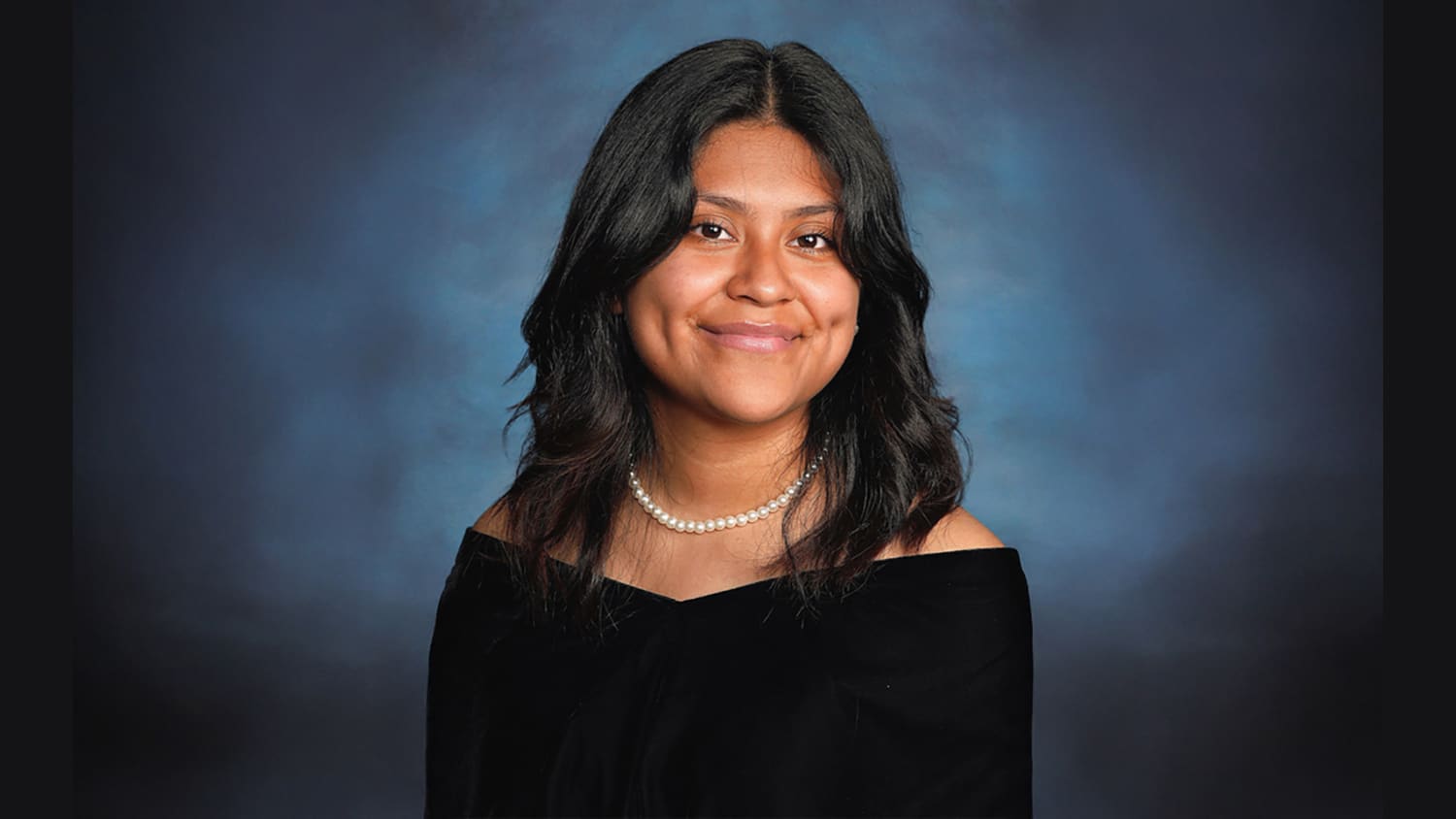The Libraries announces its spring 2024 Alt-Textbook Grants to faculty
The Libraries has awarded its spring 2024 Alt-Textbook Grants to nine unique courses across the university. The program’s support will directly impact over 3600 students and save them a total of $488,000 this semester.
The spring 2024 Alt-Textbook faculty awardees are:
- Renee Harrington, Health Exercise Studies Specialty
- Erica Kosal, Biology
- Naish Lalloo, Jeremiah Feducia, and Travis Varner, Chemistry
- Cassie Lilly and Kirsten Kramer, Chemistry
- Ana Ison, Marion Martin, and Greg McCarty, Chemistry
- Wendy Krause, Textile Engineering
- Yingchen He, Psychology
- Ashok Gopalarathnam, Mechanical Engineering
- Sarah Egan Warren, Advanced Analytics
Since its inception in 2014, the Libraries Alt-Textbook program has offered small grants to faculty to create cost-free alternatives to traditional commercial textbooks. This mini-grant approach encourages faculty to adopt or create open educational resources (OERs) that the Libraries can consult on and assist in finding. Most faculty applicants cite concerns over student costs as their primary reason for applying—thus far, 93 Alt-Textbook grants have saved NC State students over $11 million in textbook costs.
Since its origin a decade ago, Alt-Textbook has been consistently expanding, with more faculty grant requests for projects with larger impacts. The Libraries’ subscription to Pressbooks—a versatile, user-friendly publishing platform for accessible, interactive, web-first books—has contributed to this expansion, making it faster and easier for faculty to adapt existing texts and to create new ones. Currently the gold standard platform for OER authoring, Pressbooks is free to NC State faculty through the Libraries.
“We chose to partner with Pressbooks because their interface is very user-friendly, allowing new authors to quickly create, import, and disseminate content that looks eye-catching, professional, and optimized for learning,” says David Tully, Librarian for Student Success & Affordability.
“In past Alt-Textbook projects, faculty would usually be starting from scratch, often spending significant time working on the technical aspects of their projects. Now they can focus more upon the development of the content itself.”
The platform also benefits students, who get free access to all content that faculty create within Pressbooks. And the Pressbooks directory is freely available to educators and students across the globe, opening up the potential for a much wider impact. Several Alt-Textbook grantees aspire to make their open textbooks and resources available worldwide.
But Alt-Textbook isn’t only about cost savings and access. It’s also about improving—and even customizing—the textbooks that NC State instructors assign their students.
Sometimes a field changes so quickly that a textbook can’t stay current. The volatile field of data ethics moves at the speed of the technologies it’s trying to keep up with. Sarah Egan Warren, in the Advanced Analytics department, created an open pedagogy project called the Data Ethics Repository that gathers relevant information on a rolling basis.
“When I created my Ethical Considerations for Data Professionals class last year, I wanted to ensure that I was using renewable assignments so that my students saw the value in what they were doing,” she says. “With that in mind, my master’s in analytics students curated a collection of readings, videos, podcasts, and other resources about data ethics specifically related to their fields of interest.”
The students wrote brief reflections about each resource with a focus on their ethical implications and tagged the resources by categories such as Bias, Code of Ethics, Diversity/Equity/Inclusion, Industry-Specific, Legal & Policy, and Privacy. Then, Warren partnered with a Technical Communication master’s student to create a repository website.
Warren’s Alt-Textbook grant supports the Data Ethics Repository moving toward a publicly shared model under a Creative Commons license. She and her students will determine a streamlined way to load in new entries, develop a rubric to ensure that student reflections are helpful, and improve the usability of the repository for both users and the group of students maintaining it.
This post was originally published in NC State University Libraries.
- Categories:


